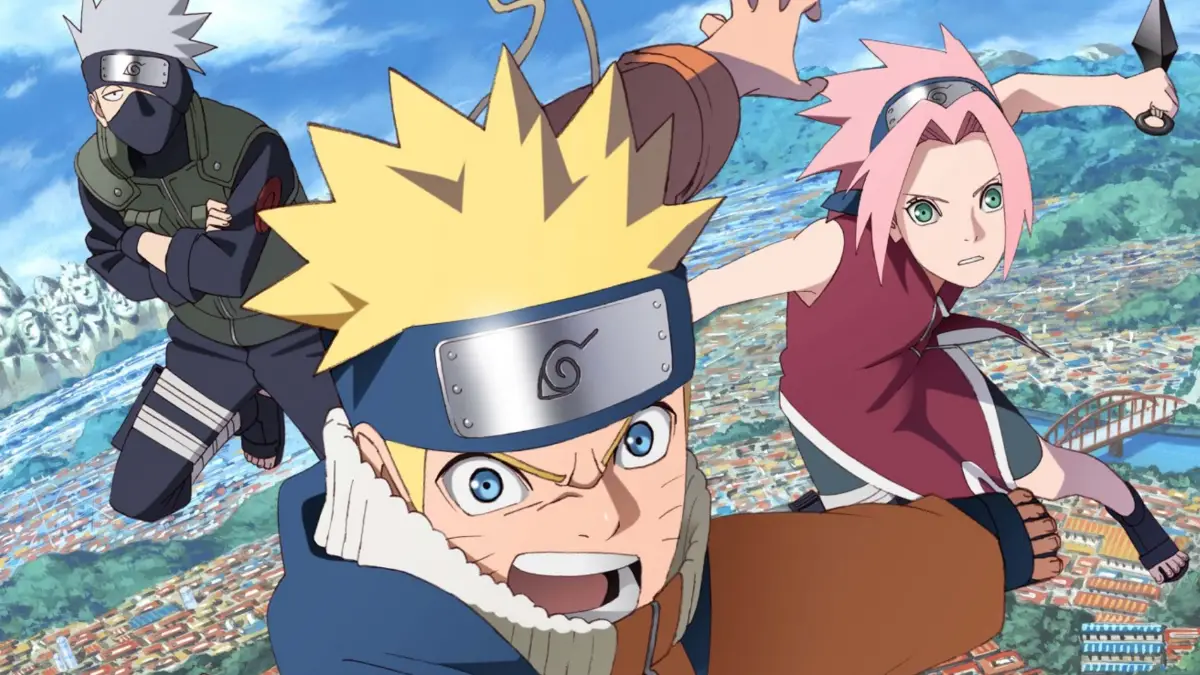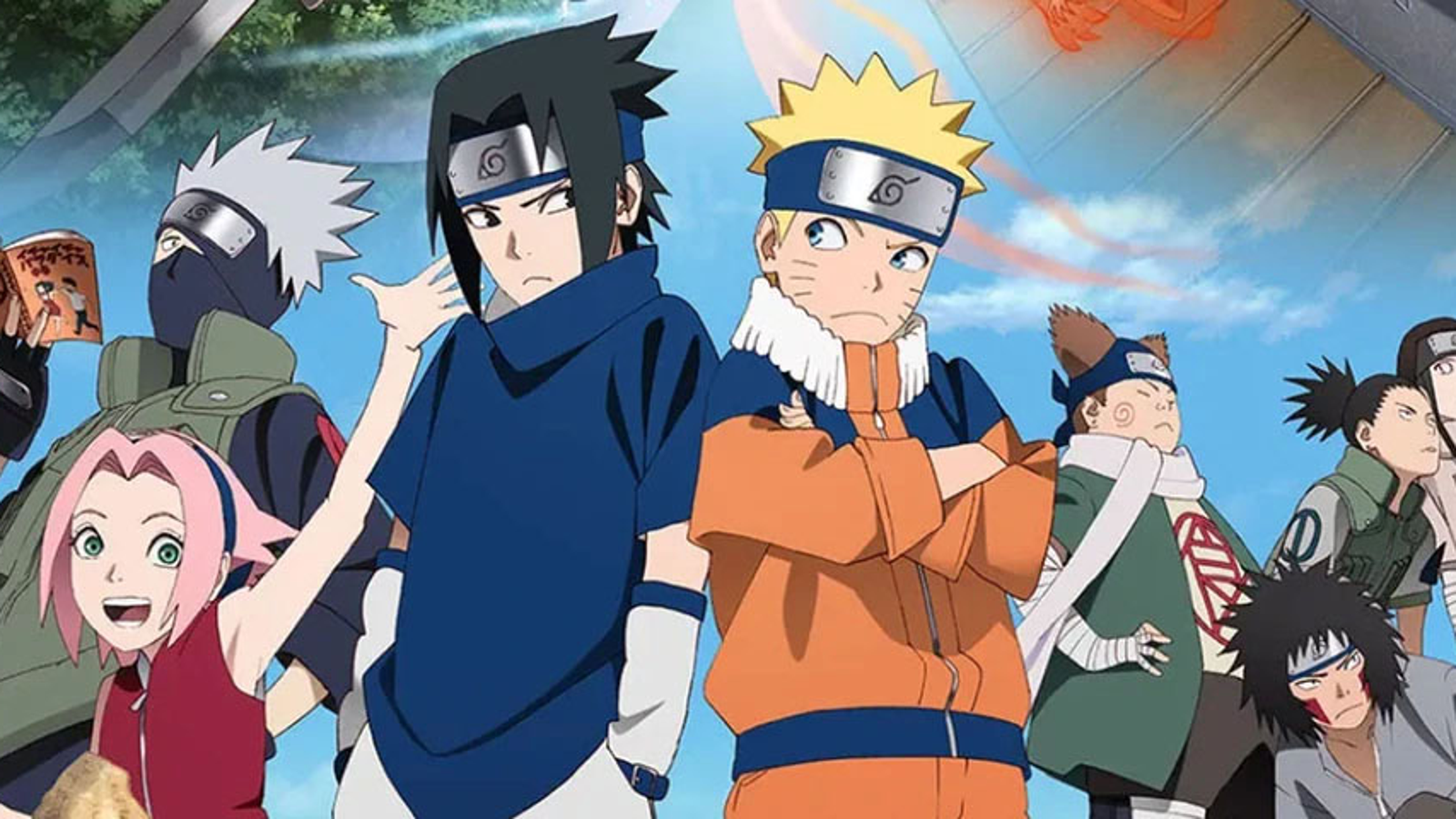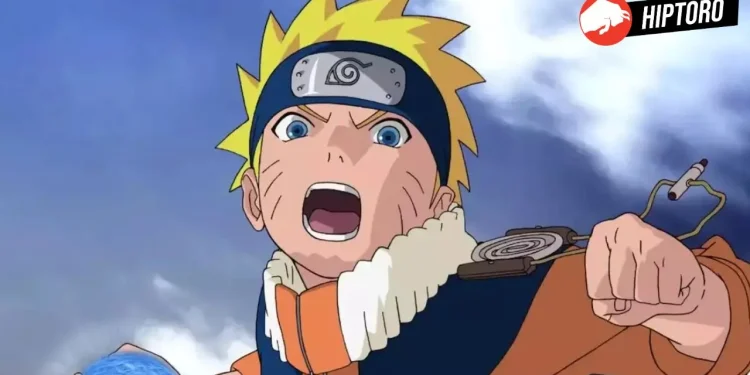Fans across the globe had their breaths held as “Boruto” launched, the sequel to the beloved anime series “Naruto”. As episodes rolled out, it became increasingly clear that not only did this sequel change the trajectory of the Shinobi world, but it also cast a new light on Naruto Uzumaki, one of the most esteemed shonen protagonists. But has “Boruto” indeed tarnished Naruto’s legacy or is it a nuanced evolution in storytelling?
Naruto’s Prestigious Path

Throughout “Naruto”, Masashi Kishimoto painted a vivid image of a young ninja with dreams larger than life. His battles with formidable foes like Neji Hyuga, Pain, and Sasuke Uchiha weren’t just physical showdowns but also represented his unyielding spirit to reform the Shinobi system. He was destined to make the world a better place. For many, Naruto embodied hope and unwavering determination.
“Boruto”: A Sequel Steeped in Controversy
The seeds of contention were sown with “Naruto’s” ending. Many felt that the Kaguya revelation in the concluding arc tainted the narrative finesse the series was known for. When “Boruto” was announced in the wake of this sentiment, eyebrows were raised. Starring Naruto’s son, the sequel’s inception was seen as a gamble in the anime community. The overarching sentiment was one of trepidation. Would this series be able to uphold the standards set by its predecessor?
Naruto in the “Boruto” Universe: A Legacy Under Scrutiny
The unfolding of “Boruto” episodes provided fans with unexpected perspectives. The systemic issues Naruto vowed to address persisted, and new challenges emerged. The revered seventh Hokage, instead of being the herald of change, seemed ensnared in the same problems, raising questions about his effectiveness. Long-time fans grappled with seeing their hero in such a light.
He only managed to create a temporary peace of sorts and recent events of the manga have only grown to show that the seventh Hokage struggled massively to make a difference,
resonates the sentiment of many.
The Complex Shades of Characterization

However, a broader viewpoint suggests that this doesn’t necessarily diminish Naruto’s character. The realm of fiction is filled with protagonists who, despite their earnestness, couldn’t realize all their dreams. Their flaws and challenges add layers to their persona.
But when it comes to Naruto, a different set of emotions are at play. The fandom’s journey with Naruto, their investment in his dreams, makes the unfolding of events in “Boruto” harder to digest. The promises he couldn’t keep and his struggles with familial ties, given his orphaned background, seemed contradictory to the Naruto fans knew.
Missed Opportunities in Storytelling
Masashi Kishimoto could have ventured deeper into these paradoxes. The tale of Naruto grappling with the challenges of being a Hokage, juxtaposed against his youthful aspirations, would have been a compelling narrative. Instead, this nuanced introspection remains an unexplored territory in the series.
⭐🏅🏆 TOP 5 🏆🏅⭐
Naruto Ship Poll Results! 🏆🍥
🏅 4th Place : #SASUNARUSASU
Votes: 27,968 | 10.3% pic.twitter.com/Ccnj6bYjtx— nycta 🌙 (@yonabug) October 20, 2023
Conclusion: Weighing the Legacy
“Boruto” stands as a separate entity with its own strengths and shortcomings. But its impact on Naruto’s portrayal is undeniable. While Naruto’s position as a legendary shonen protagonist remains uncontested, “Boruto” introduces a series of questions about his legacy, reshaping how fans remember the iconic Hokage.










